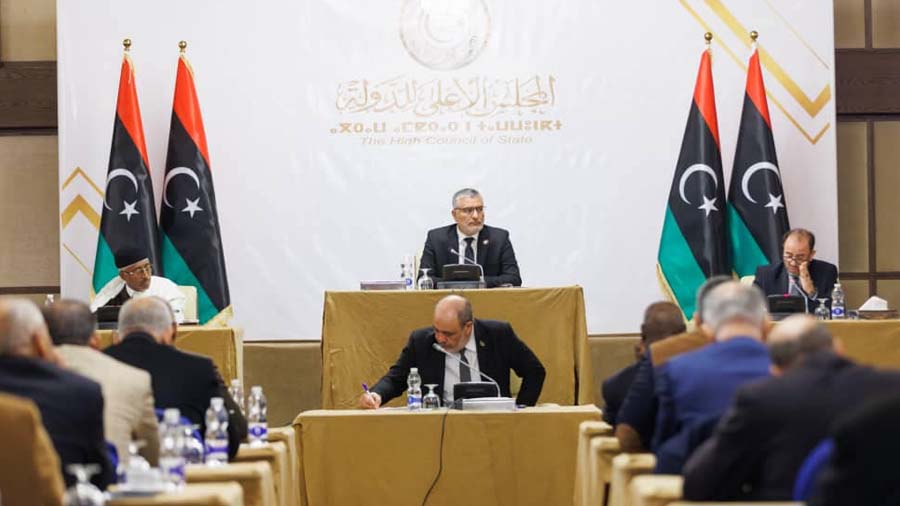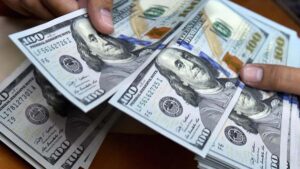The High Council of State (HCS) rejected in a statement on Friday the measures for imposing a 27% tax on the selling price of foreign currency, calling on the Speaker of the House of Representatives (HoR) and the Governor of the Central Bank of Libya to remove the tax measures and to address the roots of the problem with sound professional and scientific standards within the framework of the law and the limits of jurisdiction.
The statement indicated that the HoR Speaker’s decision constituted a clear violation of the applicable legislation, as it was issued by a non-specialist.
The HCS criticized the timing of this step as being unbalanced, in addition to fueling the political conflict and being an attempt to exploit and inflame the differences of the political parties.
The HCS also rejected what it described as “blaming the citizen for the consequences of deficits and imbalances,” which the Central Bank Governor described as parallel spending from unknown sources.
It reiterated that there was a breach in the national currency security system, which led to the printing of large quantities of counterfeit banknotes that were deposited by force in some commercial banks, and they were then transferred to the market to be exchanged to large amounts of foreign currency, leading to increased rates.
The HCS explained that it had unanimously agreed on the invalidity of the HoR and the CBL’s taxing decisions, and called for a commitment to clarity and transparency in issues that affect the lives of all citizens.
It also denounced obliging citizens to sign pledges that it described as “contracts of compliance” to avoid a demand of a refund of the value of taxes on the sale of foreign currency, considering this act an “unlawful and unprecedented coercion, as well as a confiscation of the right to litigation in clear violation of basic rights and constitutional freedoms.”





